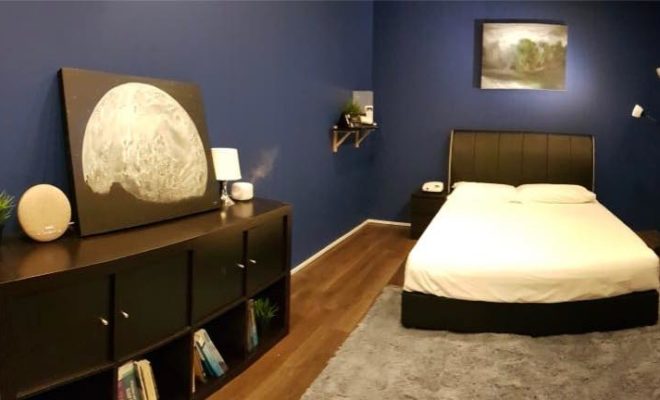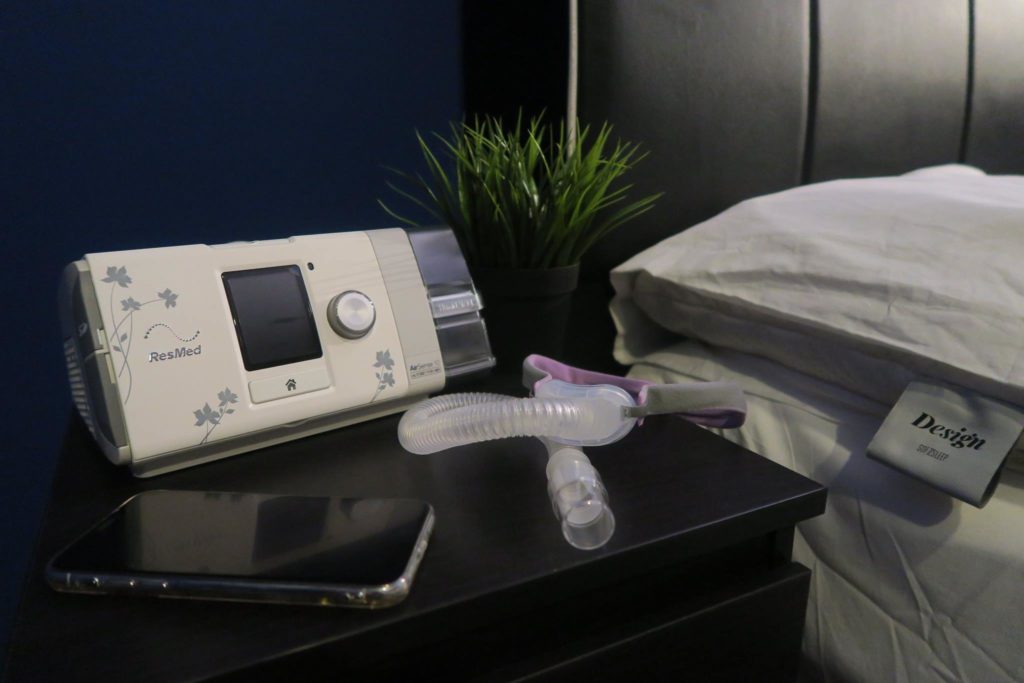
Insights + interviews
Dreaming of getting a good night’s sleep?
Here are some simple tips to help you achieve just that!
Good Sleep doesn’t always come easy
Ever wonder why you can’t fall asleep? Or why you are still so sleepy the next morning? An average healthy adult spends about one -third of his or her life sleeping, but good sleep doesn’t’ always happen easily for everyone. If you are one of those who struggle with getting a restful sleep, start your journey to good sleep by first understanding what is causing your sleep disturbance.
Sleep can be affected by many factors and these can be generally classified into external and internal causes. There could be many external factors such as our sleep environment consisting of loud noises, bright lights, stimulating activities, food or even the medication we take. Internal factors could refer to anxiety, stress, or genetics often linking to some sleep disorders that have yet to be diagnosed.
Practise the following tips to help you overcome some of these factors!
Tips to Good Sleep
- Avoid stimulants before bedtime
- Caffeine and nicotine are stimulants which will keep you awake.
- Alcohol might help you fall asleep faster but too much of it will disrupt your deeper stages of sleep in the night, leaving you feeling groggy and sluggish the next day.
- Avoid rich, heavy food at least 2 hours before bedtime
- Spicy, oily or heavy food may cause indigestion, leading to heartburn during sleep and disrupts a restful night.
- If you really need to have some food before bedtime, try sleep inducing foods such as warm milk, banana, yoghurt, almonds, walnuts, cottage cheese and oatmeal. While these foods have the potential to introduce more melatonin, a hormone to help you sleep better, the key is still to consume them in moderation.
- Go to bed at about the same time every night and aim for 7 hours of sleep.
- Set up and follow a bedtime routine
- Repeat your bedtime routine every day so that your body and mind is conditioned to expect to sleep.
- Routine activities should be easy, non-stimulating and relaxing.
- An example of a routine will include: brushing teeth, washing face, reading a book, knitting etc.
- Enhance your bedroom environment for sleep
- Get clean sheets, comfortable pillows and a bed with good support.
- Opt for a big enough bed to lie down, stretch out, turn your body without banging into furniture or falling off the bed.
- Set an optimal temperature and humidity.
- Use ear plugs if you have a snoring partner or unavoidable noise from the surrounding environment.
- Dim or switch off artificial lights on all electronic devices
- This includes the lights from laptops, TVs, handphones, tablets etc.
- Take a power nap of no more than 20minutes
- Taking a nap for 10 to 20 minutes will give you quick jolt of alertness.
- If your nap time is between 20 to 90 minutes, you may wake up feeling groggy, experiencing a condition known as sleep inertia where you wake up in the middle of your deep sleep stage.
Could it be something more serious?
If you suspect your sleep disturbances could be caused by internal factors such as anxiety, stress or sleep disorders, it may be prudent to visit a sleep specialist doctor or take an overnight sleep study.
There are many types of doctors who treat sleep disorders. Among these are:
- Ear, nose and throat specialists
- Neurologists
- Respiratory physicians
- Dental sleep specialists
- Some cardiologists
Types of sleep studies available in Singapore are:
- In-hospital sleep studies where you will sleep overnight in a hospital sleep lab with a technician monitoring your sleep patterns
- Home sleep studies are conducted with you wearing a sleep recording device and sleeping one night at home with the device
Article contributed by Yvonne Loo, The Air Station
EASMED and The Air Station are distributors specialising in the fields of ENT, Sleep Medicine, Respiratory Care and Minimally Invasive Surgical Technologies in South-East Asia.
They have opened a 2,700 sq ft Sleep Experience Centre which is one of the largest in Southeast Asia for Continuous Positive Airway Pressure (CPAP) Therapy for Obstructive Sleep Apnoea (OSA) patients.

This centre runs a state-of-the-art simulated environment for Sleep-Disordered Breathing (SDB) patient’s therapy. The EASMED Sleep Experience Centre aims to serve sleep-disordered breathing patients with the best-fit solutions, provide high quality, up-to-date, premium training program for Medical Professionals and raise awareness of SDB and OSA, and the associated health risks through organised health talks and workshops.







